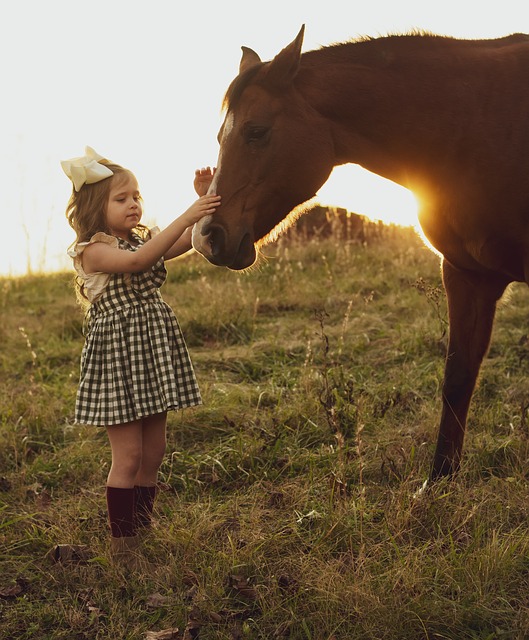A Livestock, Food, & Large Animal Veterinarian, commonly called a Large Animal Veterinarian, is a healthcare professional who manages the health of large-sized livestock such as cattle, horses, donkeys, pigs, and goats.
Who is a Livestock, Food, & Large Animal Veterinarian
They are trained to diagnose and treat illnesses affecting these named animals. Typically, they would make routine visits to farmers, helping them check their livestock for any health issues that need to be addressed.
The farmers can also call the large animal veterinarian when they perceive anything wrong with their livestock.
As a woman, becoming a large animal veterinarian is a very lucrative and interesting career, especially if you have a thing for animals and the countryside.
Requirements for becoming a large animal vet
To practice as a licensed large animal veterinarian, you must first graduate with a Doctor of Veterinary Medicine (DVM) degree from a recognized and approved institution. Although specifically denoting large animals, the degree also covers all healthcare issues for small animals and pets.
After graduation, you must then pass the North American Veterinary Licensing Exam (NAVLE) to acquire the license. Once you’ve obtained this license, you can practice as a large animal veterinarian.
Notably, large animal vets make the smallest percentage of veterinarians, so you have a huge market opportunity to walk into.
Insurance for large animal veterinarians
One benefit of becoming a large animal veterinarian is the disability insurance available to you. The disability insurance for veterinarians is a provision created to protect your income should you become sick or hurt at any time. When unable to visit farms and carry out your duties due to a health issue, you wouldn’t get to miss out on basic earnings.
It’s therefore important that you seek such a policy that offers you guarantees in terms of pricing, benefits, and coverage.
Specific duties
More than just treating livestock when ill, Livestock, Food, & Large Animal Veterinarians also vaccinate, draw blood for testing, prescribe medication, suture wounds, carry out ultrasound and X-rays, as well as conduct surgeries on livestock.
A large animal veterinarian is also expected to understand and manage the reproductive health of these animal species and assist with delivery problems.
As opposed to regular vets, large animal veterinarians spend a lot of their time on the road as they’re constantly moving from one farm to the other. This brings quite the thrill if you’re one for adventure and seeing different animals daily, albeit of the same family.
Large animal veterinarian career options
Like most other health-inclined careers, a large animal veterinarian can choose to work on any livestock breed or focus on a particular kind. For example, you can specialize in equines (horses and donkeys), or porcine patients.
Furthermore, since your degree program covers small animal healthcare, you can choose to cater to both small and large-sized animals.
You may also decide not to run a private practice but serve as an educator in an institution, a military veterinarian, or a research scientist.
With your passion for animals, being a large animal veterinarian offers a whole lot of thrill.
Related Posts: